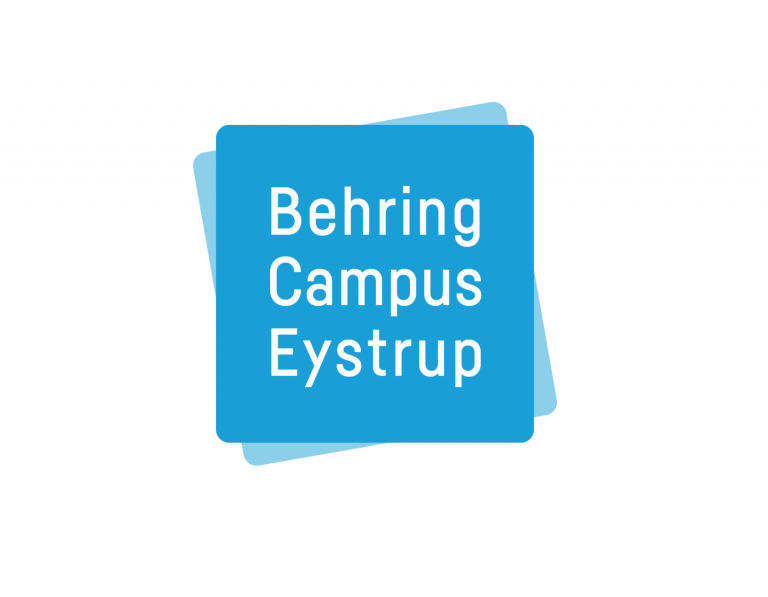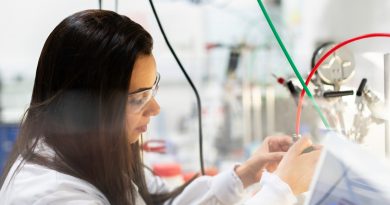Normal Serum & Antiserum
The renowned research facility and CRO Behring Campus Eystrup (BCE) provides high-quality normal serum & antiserum from a wide variety of animal species for R&D, preclinical research, drug discovery, or diagnostics applications.
BCE’s campus houses a large collection of animal models and can provide high-quality biological sera, specifically normal serum & antiserum for research applications in pharma and diagnostics.
Normal Serum and Antiserum for Research Applications
Normal serum and antiserum are two types of blood products that have different functions and applications. Normal serum is the fluid part of blood that remains after the blood cells and clotting factors have been removed by coagulation. It contains various substances, such as proteins, electrolytes, hormones, and antibodies, that are essential for the normal functioning of the body. Antiserum is a type of serum that has a high concentration of antibodies against a specific antigen. BCE is a trusted company that provides high-quality normal serum and antiserum from a variety of animal species that are ideally suitable for research purposes.
Normal Serum
Normal Serum is the clear liquid that remains after blood clots. Centrifugation is employed to separate the serum from blood, removing the cellular components, after which coagulation follows. Serum is devoid of blood components such as red blood cells, white blood cells, and platelets. Additionally, it lacks clotting factors, including fibrinogen. Normal Serum contains proteins, electrolytes, hormones, and antibodies.
BCE provides normal serum obtained and pooled from several adult individuals of different animal species, such as goat, rabbit, cattle, sheep, chicken, and llama or alpaca.
Antiserum
This is the serum that contains polyclonal antibodies against a specific antigen. An antigen is a foreign substance that triggers an immune response in the body. Antiserum can be produced by immunising an animal with a particular antigen and then extracting the serum from its blood. Antiserum can be used to detect or neutralise the antigen in a sample, such as a tissue, a cell, or a microorganism. This can be useful for identifying and treating diseases caused by pathogens. The polyclonal antibodies can also be isolated from the antiserum upon request. They are used especially in laboratory methods that involve several epitopes of the same target, e. g. immunoprecipitation.
BCE provides antiserum from different animal species, such as goat anti-human ApoE and sheep anti-human IgG. ApoE is a protein that is involved in cholesterol metabolism and Alzheimer’s disease, while IgG is a type of antibody that is found in human blood and body fluids.
To learn more or request a quote please complete the Quick Contact form or email: info@behring-campus.org






